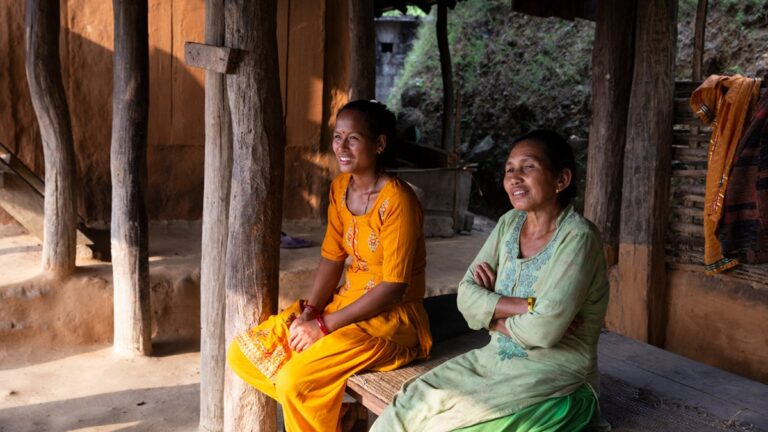Restricting access to abortion does not reduce the number of abortions; however, it significantly affects the safety of abortions.
Nearly half of all abortions take place in unsafe conditions, and developing countries bear the burden of 97% of these unsafe abortions. Globally, unsafe abortions account for 4.7-13.2% of all maternal deaths, disproportionately affecting people living in developing regions. Additionally, each year, an estimated 7 million women in developing countries are treated in hospitals for complications related to unsafe abortion.
Barriers to safe, timely, geographically accessible, affordable, respectful, and non-discriminatory abortion care can cause emotional distress and violate women’s and girls’ rights to privacy; right to equality and non-discrimination; and the right not to be subjected to torture or cruel, inhuman and degrading treatment or punishment. It also has financial and social implications for individuals and communities, including a negative impact on women and girls’ opportunities to access education and participate fully and effectively in society.
Abortion regulations that force people to travel to seek legal care, or require mandatory counseling or waiting times, strain health systems and can result in women experiencing travel costs, loss income or the need for unsafe abortion.
A disproportionate share of resources are used for postabortion care: in developing countries, treating complications of unsafe abortion costs health systems $553 million per year, while households incur $922 million loss of income due to disability.
